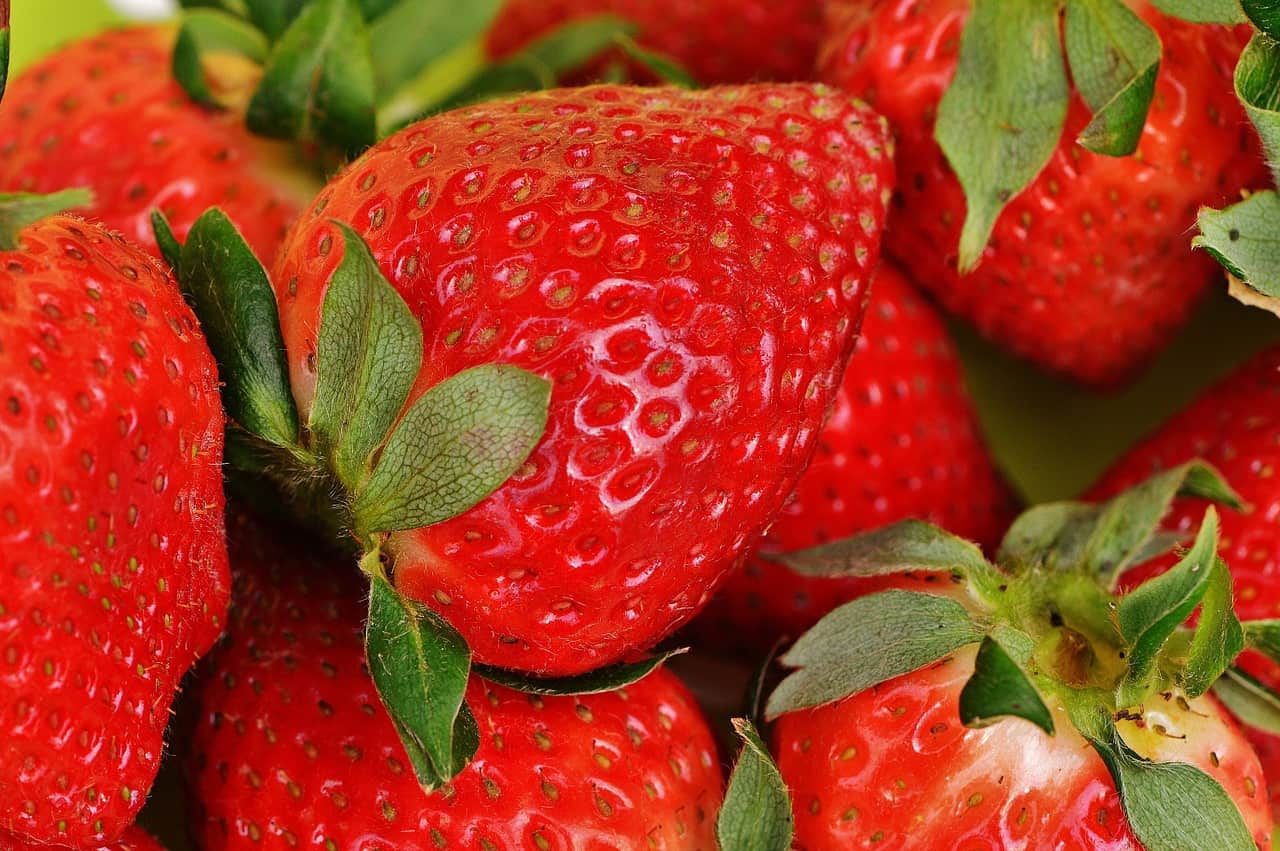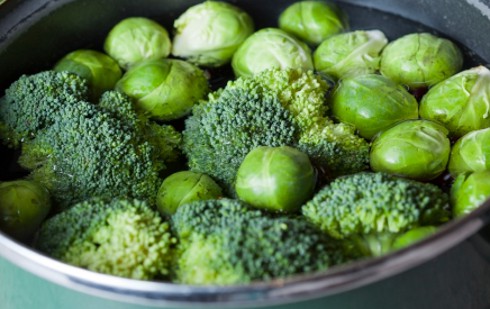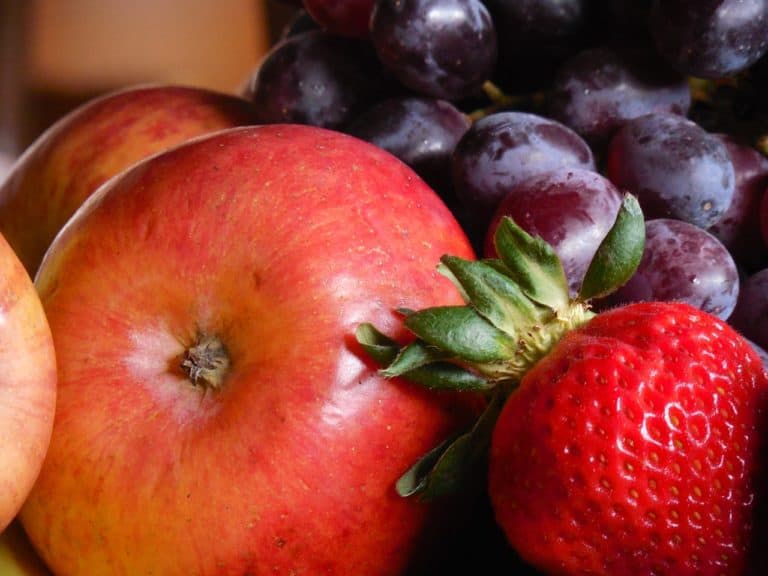Strawberries are one of the most antioxidant-rich fruits on the market, and one reason for this distinction is that just 1 cup of the red fruits provides more than 140 percent of the %Daily Value of vitamin C. Other important substances in these berries are phytonutrients, which function both as antioxidants and as anti-inflammatories. Some of the phytonutrients found in strawberries include anthocyanins, catechins, quercetin, ellagic acid, and resveratrol, among others.
Before you enjoy your luscious red berries, however, be sure to select organic berries or thoroughly wash those that are conventionally grown. According to the tests, 13 different pesticides were found on a single sample of strawberries. One of the pesticides approved for use on these fruits is methyl iodide, which was approved by the California Department of Pesticide Regulation (the state where 80% of strawberries are grown).
Methyl iodide causes cancer in rodents, and the Environmental Protection Agency notes that chronic inhalation of the pesticide may damage the human central nervous system. Long-term skin contact can cause burns in animals and people.
You will also want to consume any strawberries you bring home from the market as soon as possible. Two days is the maximum time you can store them before they lose a significant amount of vitamin C and other antioxidants.







